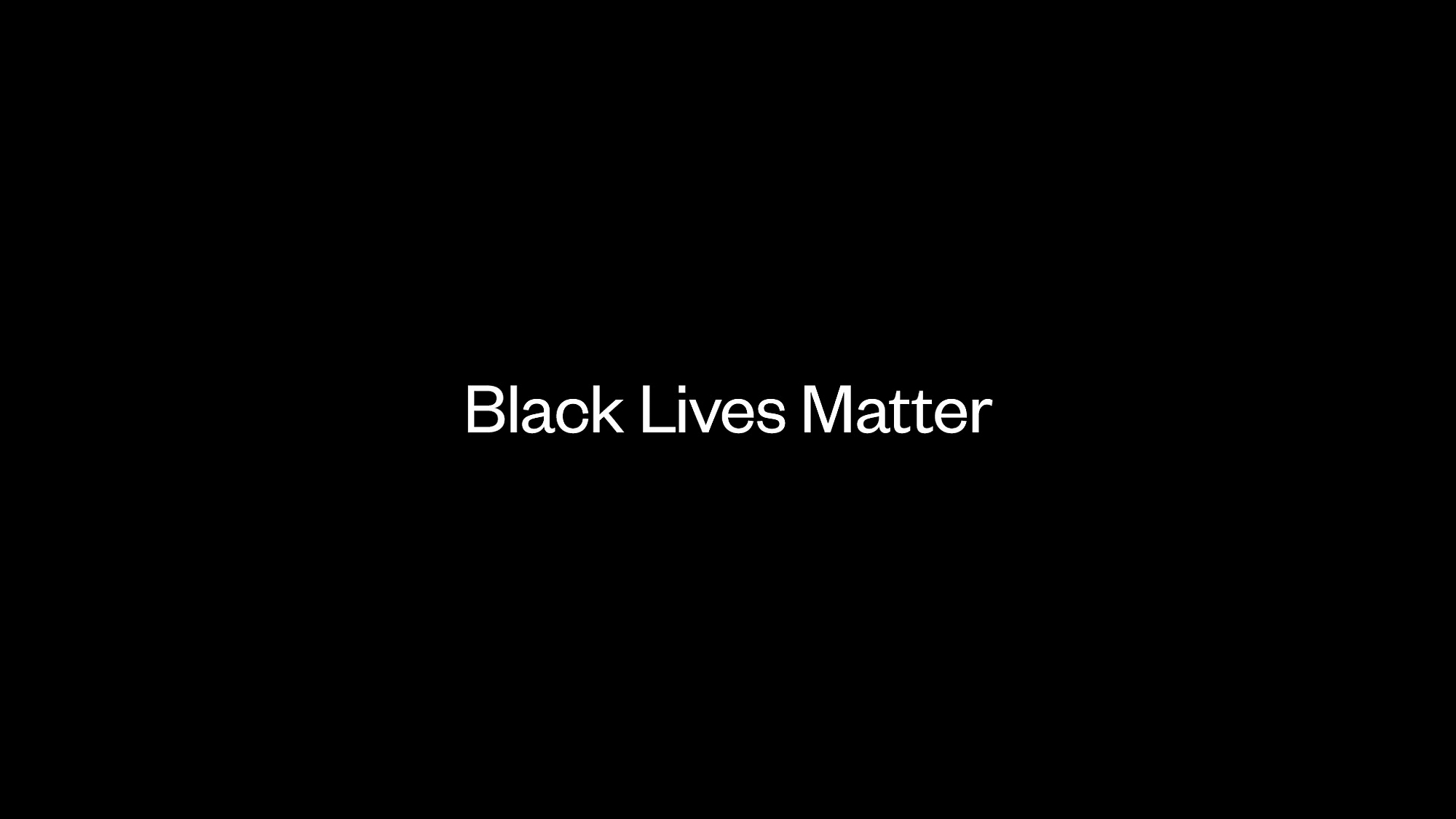The Science of Well-Being

With the world seemingly turned upside down, it’s easy to forget about our individual mental health and well-being when we have important macro-issues to tackle. Ten weeks ago, we started Yale’s Science of Well-Being online course—a class taught by Laurie Santos that focuses on the psychology behind being happy and leading a fulfilled life. (It’s the most popular class at Yale for a reason.) We started the course just as Covid-19 took hold, and now, months later, it feels even more important.
Here are some of the lessons that stuck with us.
No, we don’t know what you want.
Professor Santos consistently references what she calls “annoying features of the mind.” These are things your brain does to impede your happiness without your knowledge. Until now, that is. These annoying features result in something called miswanting, which is the act of mistaking what and how much of something you want.
For example, we think we want good grades, high-paying jobs, and nice cars, but our brains actually overestimate our happiness when it comes to those things. Our minds don’t think in absolute terms and will pick up random reference points, blend them together, and inaccurately clock our own values. So if you’re watching Keeping Up With The Kardashians, your brain might think that you need a $20 Million Calabasas mansion to be satisfied, but—stay with us here—you actually don’t.

And yes, this applies to you.
That might seem obvious, and yes, we’re glossing over a lot of scientific case studies that supports these lessons, but here’s another annoying feature of the mind: we think that these findings don’t apply to us. Some of you might be saying to yourself “I know better than that,” but to that point, Professor Santos would say, “Knowing isn’t half the battle.”
Enter the GI Joe Fallacy. A theory coined by our very own professor. It’s a reference to the ‘80s GI Joe cartoon that used to close every episode with “Remember kids, knowing is half the battle!” Hey Joe, guess what? It’s not! Our true hero, Laurie Santos, suggests that just because we understand something—like the fact that material things won’t make us all that happy—doesn’t make it any easier to put into practice. She taught us a few techniques to work on this.
Rethink awesome stuff.
Believe it or not, you’d get bored of that Calabasas mansion. Our brains do something called “hedonic adaptation,” which means that we get used to things, both good and bad, to maintain a level of comfort. To thwart this adaptation, you have to shift your perspective and make a concerted effort to rethink what would truly make you happy.
We suggest investing in experiences. It’s scientifically-proven that we get more out of, say, going on a vacation than buying a car. With a vacation, you get the excitement leading up to the trip, the bliss during it, and the wistful but rewarding re-telling of it to your friends. When you buy a car, you get a car, and weeks later, it’s still a car and none of your friends want to hear about it.
We also suggest moderating your use of social media. This is a biggie for us. While social media can be very inspirational, and lately educational, it is rife with bad reference points for happiness. We tend to (again, whether we know it or not) socially compare ourselves to the retouched, curated lives that we see on social media. It’s a newfound issue, so a lot of the scientific research is still developing, but our teacher warned us that too much social media consumption takes up a lot of negative headspace.
All this to say, our ability to adapt isn’t always bad. It’s what makes us a very resilient species. We just have to make sure we’re feeding our brains a well-balanced diet, like social interactions over social media.
Talkin’ about practice.
There are a few other seemingly simple tactics that will boost your happiness if you actually practice them. Like savoring, which is the act of stepping outside an experience to renew and appreciate it, or gratitude, which is taking the time to be thankful and expressing appreciation.
But one area that deserves a little extra attention is our work life. What makes a good job? And what can we practice to ensure that we’re happy at it? With work, practice finding your flow. Scientists Harzer and Ruch describe flow as being fully immersed, focused, and energized while you do something. Make time for yourself to get in the groove—forgetting about all else but the task at hand.
To achieve flow, make sure that you’re using your signature strengths at your job (survey link here). Find the sweet spot between your natural skillset and a challenging job that teaches you something. “Love of learning” is a real, intrinsic motivation for us, so figure out how to apply your innate strengths to solve new problems.

The good stuff.
Science shows that actions and thoughts account for 40% of our well-being, and seeing as we can improve our actions and thoughts, this means that we can control 40% of our happiness.
We can meditate if we feel anxious, we can get more sleep if we’re tired, and exercise to release endorphins. We can also set and visualize our goals, talk about them with our friends, or write them in our journals. We can compliment people, savor a good meal, buy coffee for a coworker, or donate money to important causes (it’s scientifically-proven that we feel better about giving our money away instead of pocketing it for ourselves.) These little healthful habits can make big differences.
The bad news? The GI Joe fallacy holds true. Just because you read this article and absorbed the information, doesn’t mean that you’re suddenly brimming with happiness and fulfillment.
The good news? We can work on that. Practice doesn’t necessarily make perfect, but it can certainly help you live a better life.




